#fred thursday
Text

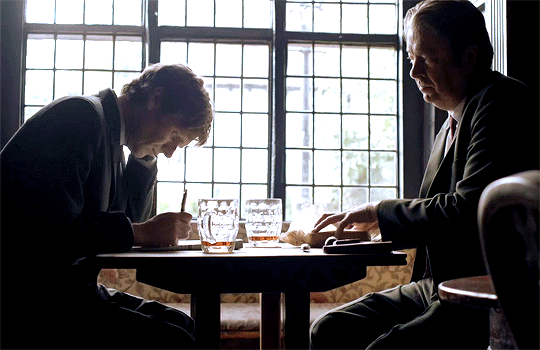
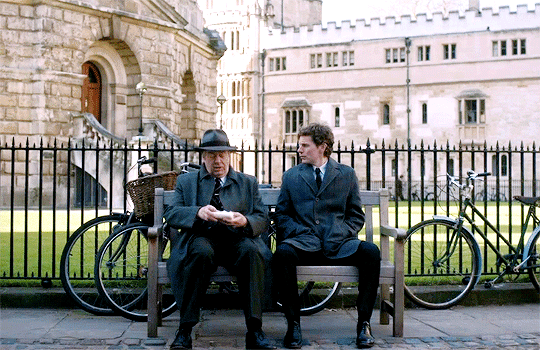
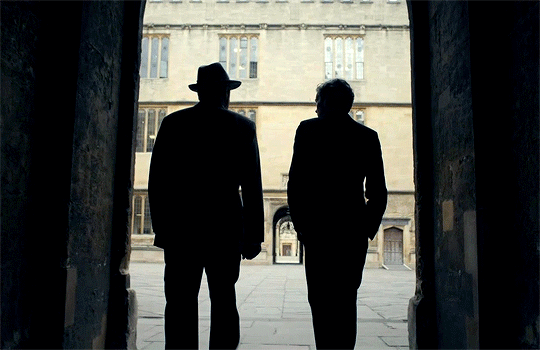
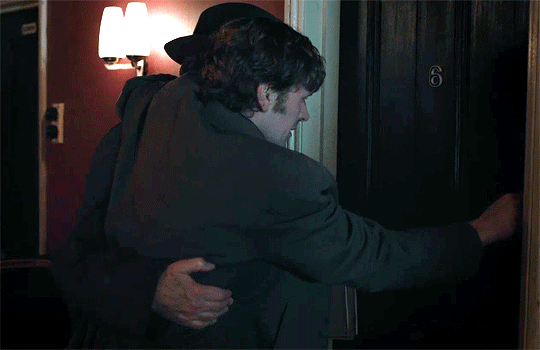

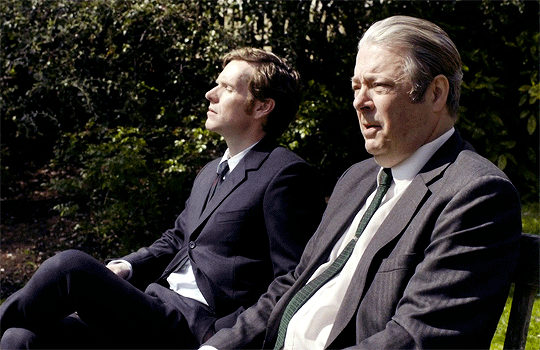
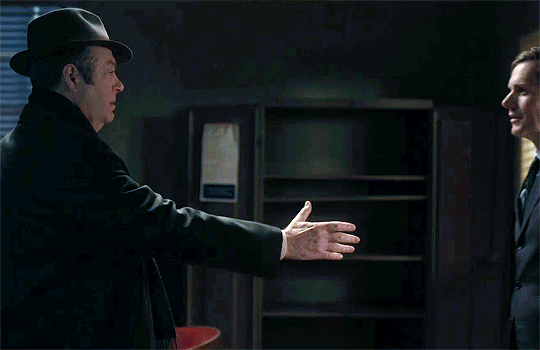
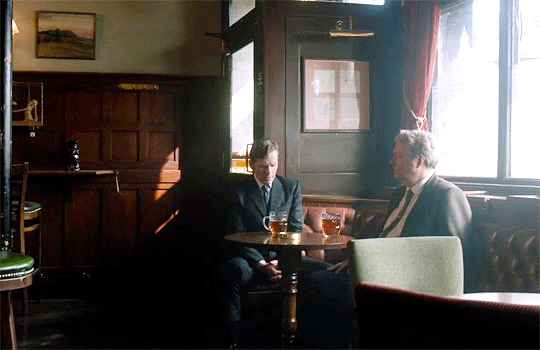
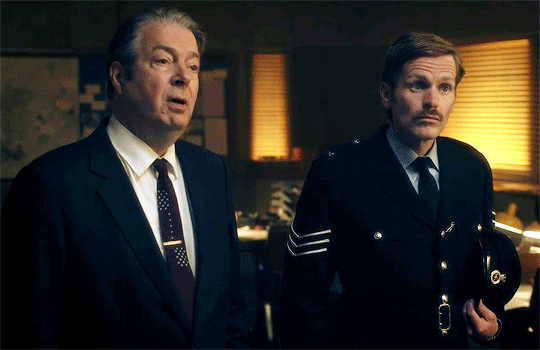

"The captain I would have followed into Hell."
#endeavour#itv endeavour#endeavour itv#endeavouredit#endeavour morse#fred thursday#shaun evans#roger allam#perioddramaedit#will i ever not be completely insane about them? the answer is no#my gifs#endeavour1
336 notes
·
View notes
Text
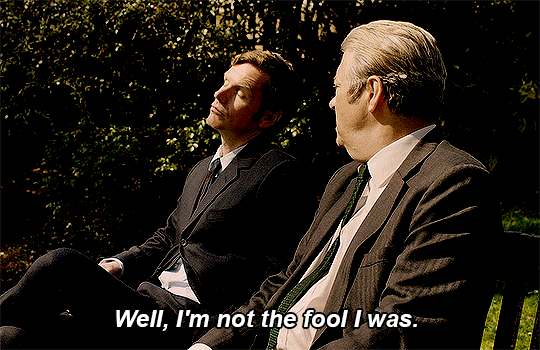

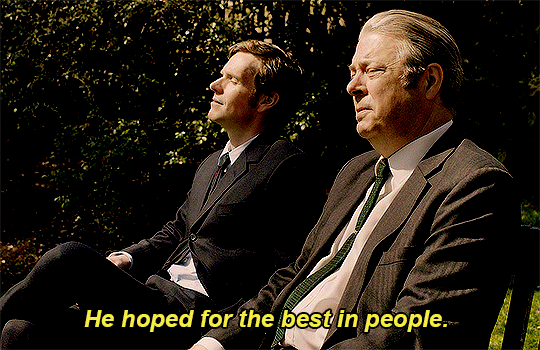

ENDEAVOUR (2012 - 2023)

#endeavour#itv endeavour#endeavour morse#shaun evans#fred thursday#roger allam#ours#*gifs#kraina#userrobin#usertreena#tuserhan#userhayf#tusereliza#endeavouredit#perioddramaedit#periodedit#weloveperioddrama#onlyperioddramas#periodedits
400 notes
·
View notes
Text
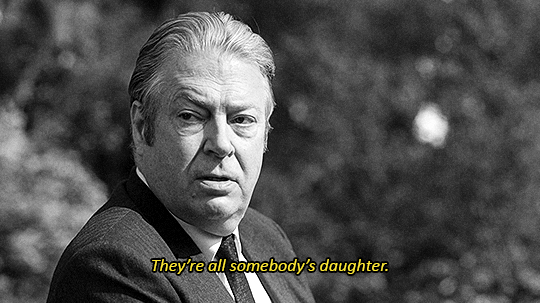
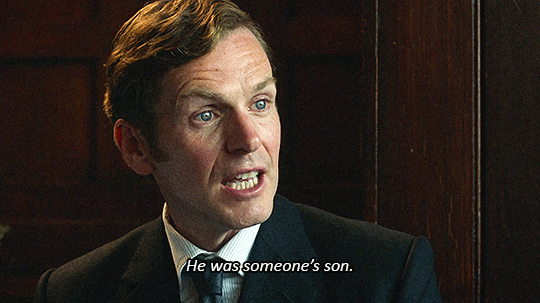

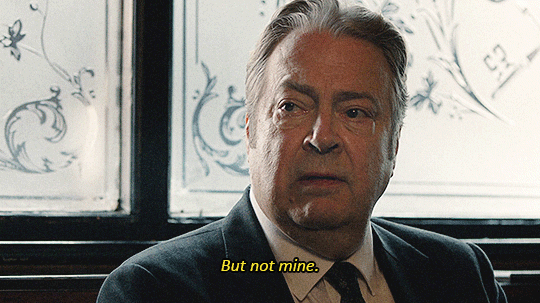
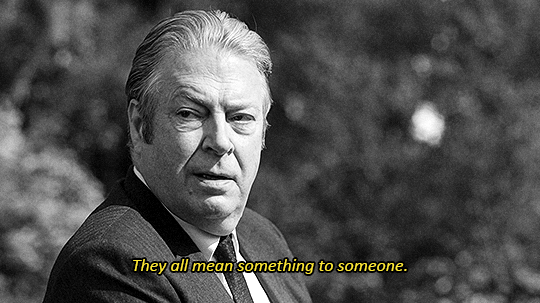
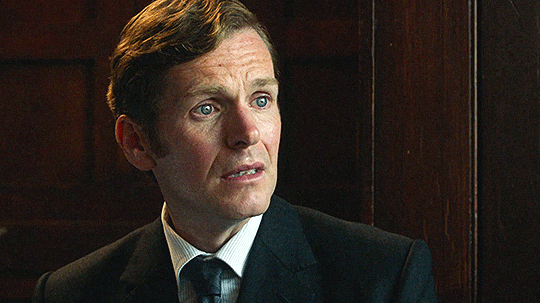
endeavour - 802 / 903
#itv endeavour#fred thursday#endeavour morse#originals#gifs#made this days ago. just now remembering to post it#I'm sure I had meta to accompany this at one point but it's the brain scrample egg hours and it's simply not happening#anyway the thing is rather self-explanatory I should think.
296 notes
·
View notes
Text
Morse and drinking in the 70s...

Long....because I can't write short. And obviously, a lot of you will already know this stuff...
Just want to take a moment to talk about alcohol and alcoholism in the context of the early 1970s and remind folks of how totally and completely different it is from how we see it today.
Drunk driving had not been outlawed in most countries. Not only that, it was widely regarding as funny—funny enough to be used as a regular “gag” in movies. Problem drinking was also seen as funny. There were regular cartoon strips about it. The “drunk” was a funny stock character in all sorts of plays and movies.
Alcohol was ubiquitous. We’re not just talking liquid lunches. We’re talking drinking at work, while you work—just as you see in Endeavour. Think about that for a second.
And politely saying no wasn’t something you did without social consequences. It wasn’t just seen as a personal preference. Unless you had a specific, acceptable reason, turning down a drink was often seen as stand-offish and judgmental or as a social snub. Teetotalism was regarded as rather naive and ridiculous—not something any man or woman of the world would embrace.
In the early 1970s, there was no widespread understanding of alcoholism as a disease. It was still seen very much as the consequence of personal weakness—still a matter of “If you cared enough or tried hard enough, you wouldn’t do this so it must be a character flaw.”
Plus, most people, “normal” people don’t have problems with alcohol, so if you do then there’s something abnormal and defective about you—most likely something you brought upon yourself.
And as a “personal weakness” and a “defect,” the shame around it was profound and the secrecy matched. If someone went away for treatment, it was very much akin to an unwed mother going off to have her baby and then returning without the child. You never spoke of it. You pretended that it had never happened.
If you were a kind person, you also didn’t go out of your way to parade babies in front of her or talk constantly about children when she was with you. But refer to it directly? Never. Ask for help? Never. It was always something to be hidden. Everyone did their best to forget that it had ever happened and saw this as the "kindest" thing to do.
When Morse returns from his “cure,” it would simply be assumed that everyone would pretend that nothing unusual has happened. Why he’s just been off on a tour of the West Country and nothing else! Hope you had a lovely time! That sort of polite fiction was exactly what he would have expected upon his return. Anything more direct—at least in a public setting—would have been shocking to him and everyone else.
Where things break down, however, is in the more personal interactions. His relationship with Thursday is such that they can at least broach the topic of drinking. When they do, my impression is that Thursday is well-aware that Morse not “cured.” However, in the context of the time, saying this would be akin to saying, "You failed," because there was no disease model of alcholism in widespread use. You went to be cured and it worked or it didn't.
However, I'd also add that Thursday is almost to the breaking point with the cumulative strain he is under. He can’t cope with the “burden” of Morse being in a precarious state and he knows it. He feels desperately guilty about that—as well as about other things like Strange and Joan or about life having moved on so much while Morse was gone—and so he just shuts down.
Shutting down is Thursday’s go-to strategy when he’s overwhelmed. We’ve seen him do it many times before. And part of that for him, is that he pretends that the people around him are ok—even if they are anything but ok. Not surprisingly, he does it the most with the people he has the closest emotional ties with—Win, Joan, Sam, and Morse.
So the only way that Thursday can cope is by having Morse be perfectly fine. Conveniently, his preferred coping strategy fits exactly with his society's expectations about how alcoholism works. If Morse is "cured," you don’t need to worry about sparing him the constant offers of alcohol in the same way that the young unwed mother might hope to be spared babies. You certainly wouldn’t embarrass him (especially after he’s been through the humiliation of rehab) by drawing attention in any way to a possible to the idea that he still has a problem.
And finally, a last note on time context. The scene in the pub where Morse has that first drink after finding out that Joan is marrying Jim is utterly heartbreaking for so many reasons. One of those reasons, however, is that we know it’s the first drink—and that the first drink leads to the second, and so on and so forth. Then Morse says to Thursday, “They said the, the odd beer, the odd shot, does no harm…"Everything in moderation," they said,” and we automatically assume he’s lying.
I’m fairly sure that those scenes were meant to be interpreted through our modern viewpoint. However, it’s worth noting that again, the model of alcoholism in the 1970s was nothing like what we have today. The idea that someone with a drinking problem/addictions needs to abstain entirely was not even close to universal at that point. It’s perfectly possible that the advice Morse is quoting is the advice he received!
#itv endeavour#endeavour morse#shaun evans#fred thursday#endeavour: prelude#thursday thursday#sort of#but mostly meta about alcohol in endeavour and the 70s
65 notes
·
View notes
Photo
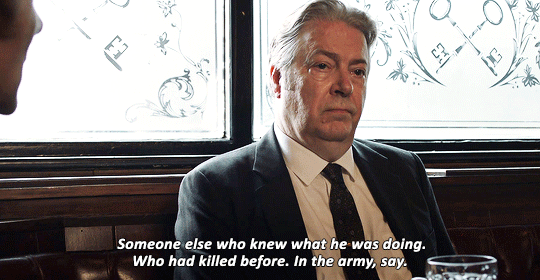

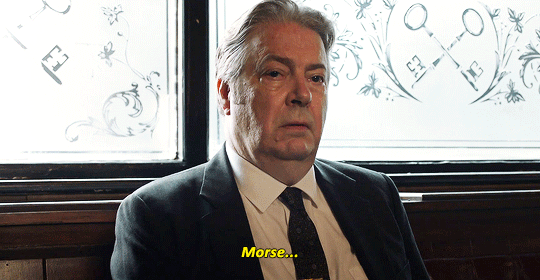
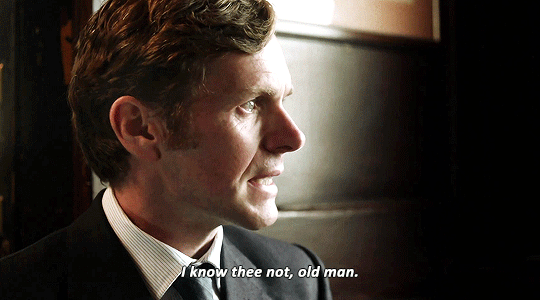
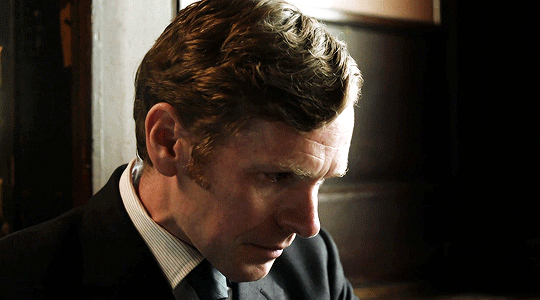
#endeavour#itv endeavour#shaun evans#endeavour morse#roger allam#fred thursday#endeavour spoilers#gif#aaaahhh#shaun never got the recognition he deserved for this role
520 notes
·
View notes
Text
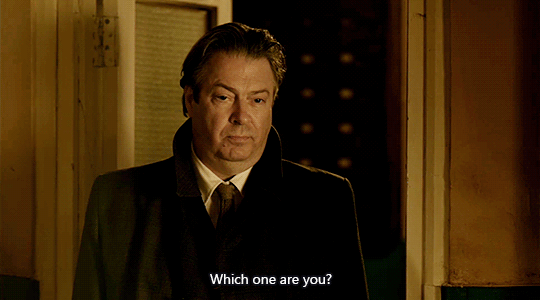
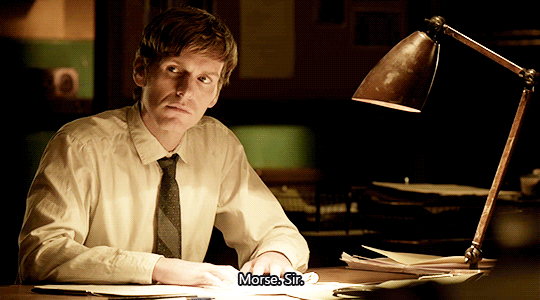

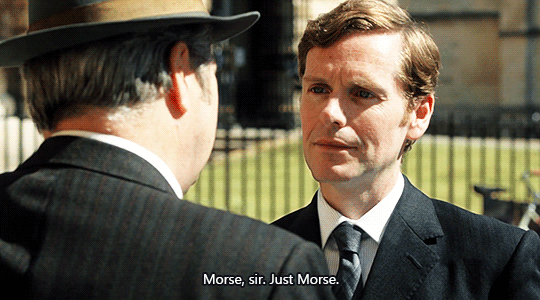
beginnings and endings
#endeavour#itv endeavour#endeavour spoilers#endeavour morse#fred thursday#not entirely pleased with this but whatever#WEIRd to say his name#but i am still having so many feels#okay that's it for now#shall be watching the doco later#my gifs
482 notes
·
View notes
Text
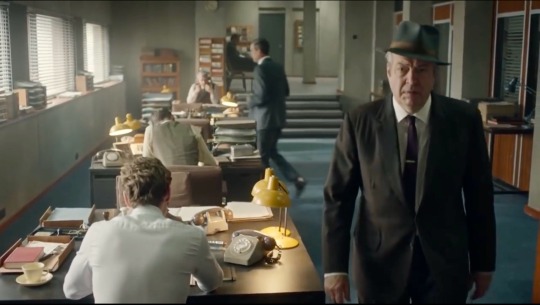

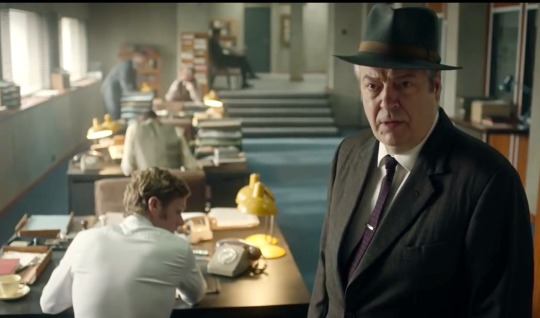
#fred thursday#roger allam#thursday thursday#endeavour#endeavour morse#itv endeavour#Fred means business#so does Shaun’s back 😍#shaun evans
70 notes
·
View notes
Text
I was just thinking that one thing I adore about the Endeavour fandom is that I don't think I've seen a single person in it who insults Fred Thursday's intelligence or fails to recognise his intellectual interests. Even people who don't like him (or at least judge him more harshly than I do)!
And in this we're following on from the show, which recognises that while Thursday lacks class and educational privilege[1], he has not only some considerable astuteness as a detective and a lot of worldly-wisdom, but has taught himself Italian, enjoys a lot of poetry, can identify various trees that almost certainly weren't around in Mile End when he was growing up, knows at least a little about opera etc.. And is, especially in the early seasons, always interested in learning more. As @morsesnotes very wisely observed in a recent post, poetry is part of what Morse and Thursday bond over! It's Strange who's the odd one out when it's the three of them, not Morse.
Thursday's own confidence in his intelligence I think is variable, but the show never questions it, and neither do we. :-)
I sometimes wish Endeavour had a larger fandom because it really is so good (even if very flawed in places) and deserves more attention. But then at other times I go... eurgh, if it did though, the opportunity for Fail would be so much worse. And I think that's one of the things we'd lose, because some of the less thoughtful fans would take one look at this middle-aged, working class ex-NCO with PTSD and sometimes spectacularly poor decision-making and go "he must be Morse's opposite" and ignore all of his intellectual curiosity and self-education. (And his reciting poetry at/with Morse in Colours which is one of my favourite moments ever. ;-) ) Right now I love that as far as I know the whole fandom Gets This about Fred. <3
(And with my late, beloved paternal grandparents having been working-class (rural rather than urban) and born in the same decade as Fred and also both having left school at 14 and both having a huge range of interests and being very into self-education (fiction, theology, natural history, geology, art...)... Yeah. This is part of why I love Fred so much, and part of why I love that he's allowed to be so smart and intellectually engaged. <3 )
[1] Given his generation and background, it's most probable he left school at 14, and certainly university would never have been an option.
93 notes
·
View notes
Text
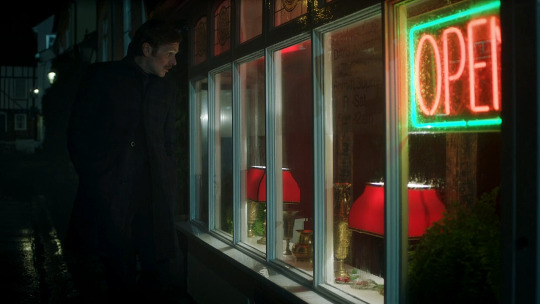
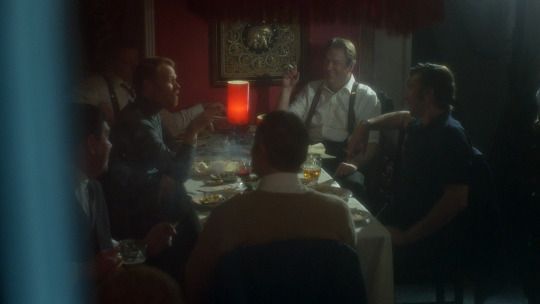
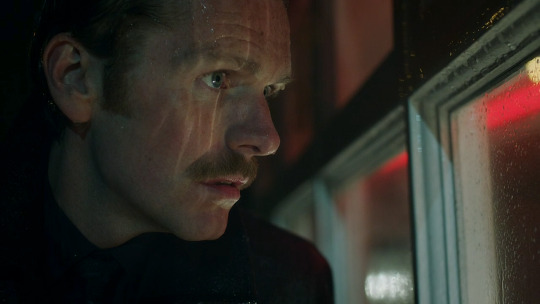
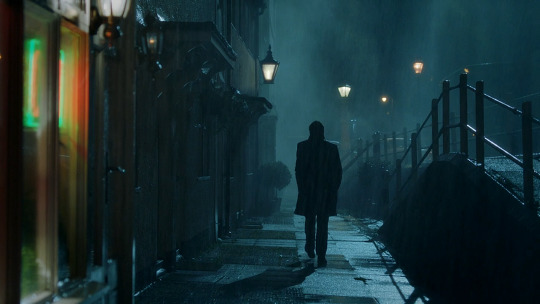
Endeavour.
Confection.
#endeavour#itv endeavour#endeavour S06E03#confection#such a stunning scene that#so sad though#simon harrison#ronnie box#shaun evans#endeavour morse#roger allam#fred thursday#tv#actors#utl seen in 2023
124 notes
·
View notes
Text
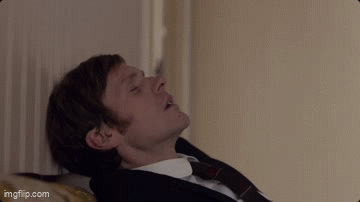

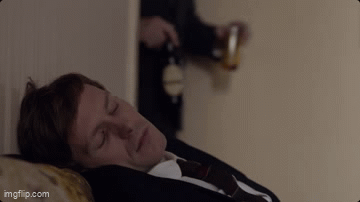
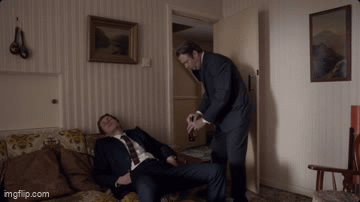
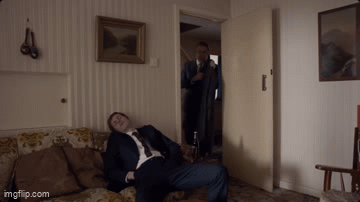
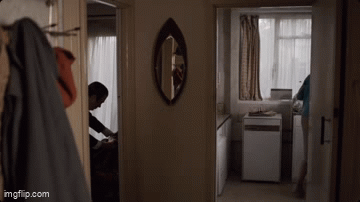
Endeavour 1x2 Fugue
#itv endeavour#endeavour morse#whump#exhaustion#fred thursday#blood#sweet caretaking#cared for#so adorable
114 notes
·
View notes
Text

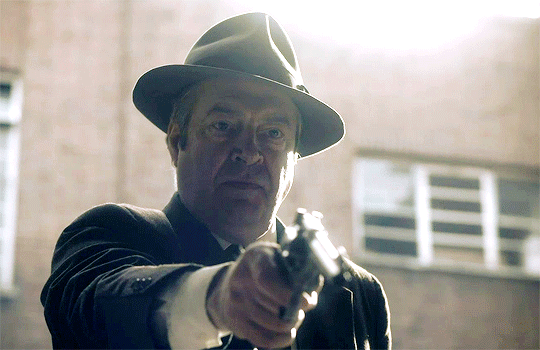
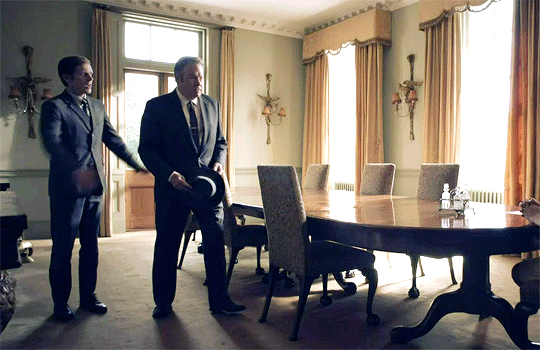

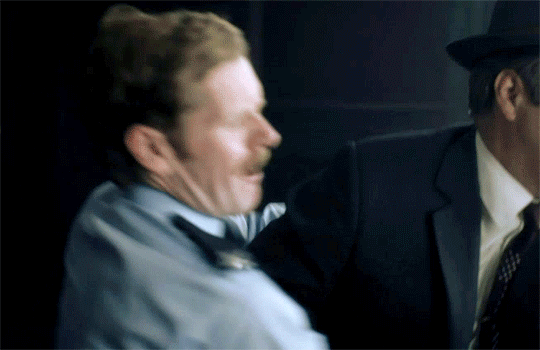
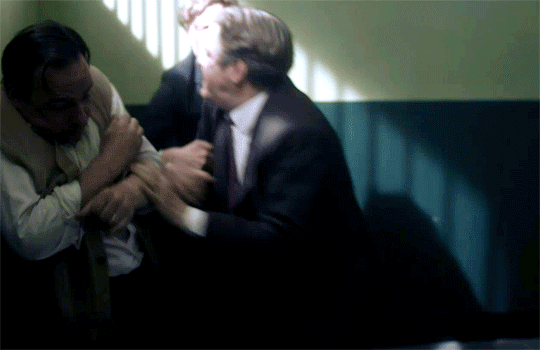
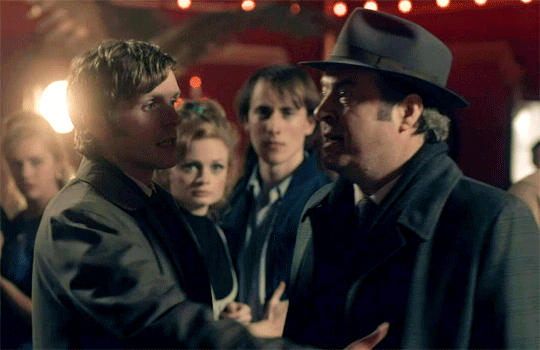
Sir, don't. Show them who you are. This is who I am. No, it never has been. We hold the line, if you cross it now then there's no way back.
#this show is just 9 series of fred telling morse exactly who he is and morse refusing to accept it until it's too late#he has this unwavering misguided faith in fred and tries *so* hard to keep him on the right side of the line#but when he doesn't have morse around him fred crosses that line and we end up with 'i know thee not old man'#this show man#these characters#endeavour#itv endeavour#endeavour itv#endeavour morse#fred thursday#shaun evans#roger allam#my gifs#endeavour1
182 notes
·
View notes
Text

Just Morse ‘pursuing lines of inquiry’
#the ball pit was my favorite to draw#love when he follows extremely random clues that make people think he’s insane#very blorbo of him#itv endeavour#endeavour morse#my art#art#fanart#digital art#marosii art#max debryn#peter jakes#jim strange#fred thursday
153 notes
·
View notes
Text
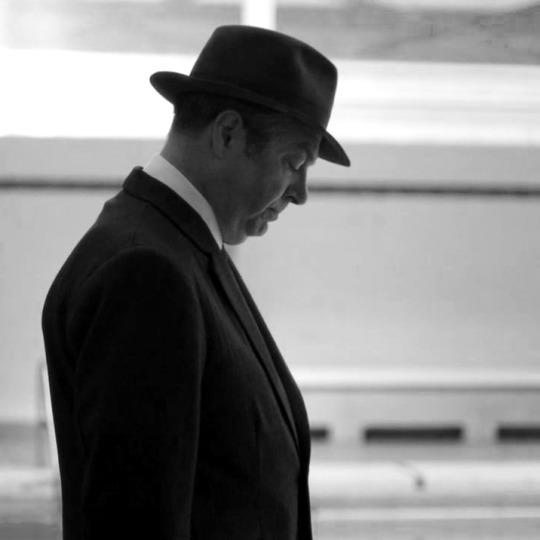
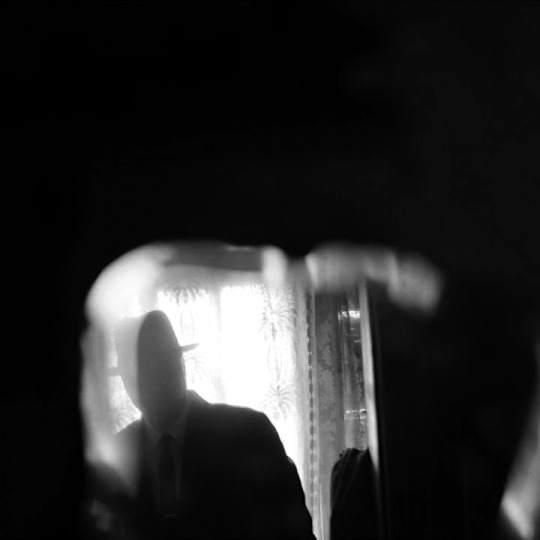
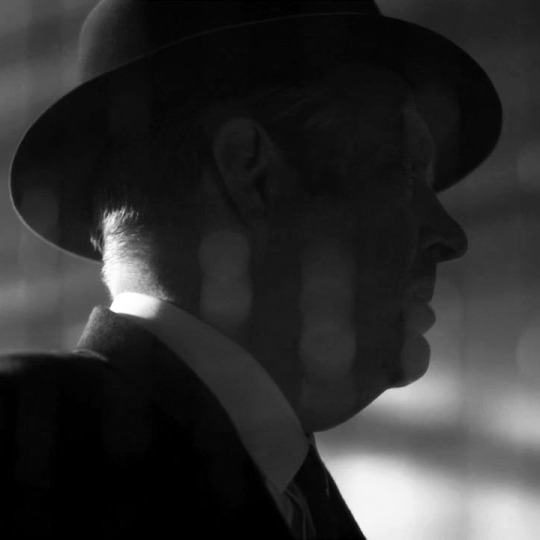
Thursday in Game
76 notes
·
View notes
Photo
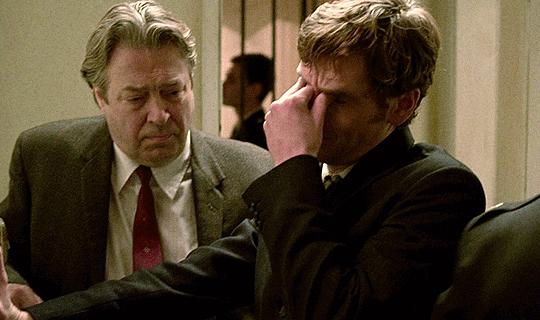

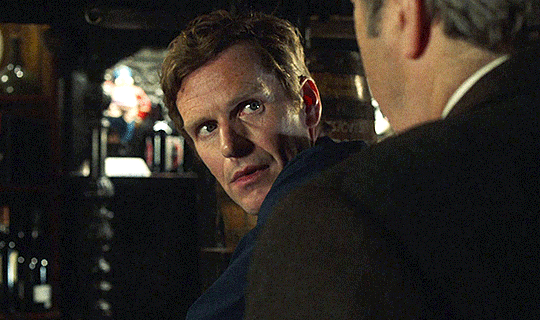
a hand on the shoulder || overture - quartet - prelude
#itv endeavour#endeavour spoilers#endeavour morse#fred thursday#originals#gifs#chucks these into the ether.
444 notes
·
View notes
Text
This is the Fred Thursday Endeavour prequel I dream about...
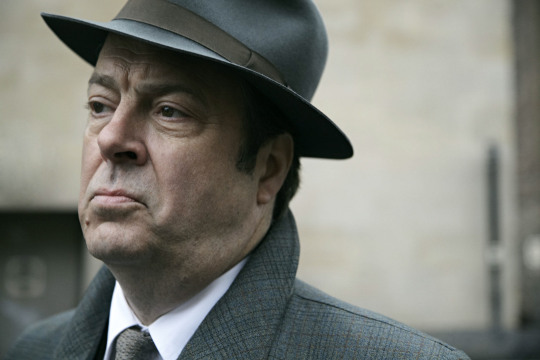
Sure 1960s Oxford had a lot to work with, but it’s got nothing on post-war London.
Picture it: The whole country is in the midst of social upheaval. Men are returning home after years away. They’re dealing with massive trauma and having difficulty readjusting to civilian life. Their families have spent years learning to live without them. The reunions don’t always go well.
Constant shortages have led to thriving black markets and a rise in organized crime. A huge influx of working-age men leaves many unemployed and vulnerable to the worst temptations.
Neighborhoods, especially in the East End, are still littered with the rubble of the Blitz. Evidence of destruction is a daily fact of life and death is still a presence. Children playing in the ruins encounter unexploded ordnance on a tragically regular basis.
Into all of this walks a young Fred Thursday....
As a soldier he saw brutal action in North Africa and worked with the partisans in Italy. He had a passionate affair with a woman he now believes to be dead. The rest of his wartime service remains a mystery to us.
Now he’s back near where he grew up—one of three brothers in Mile End. Billy didn’t make it back from the war. Charlie is now running the family’s warehouse business—and dating some girl named Paulette.
He’s been reunited with his wife Win (he doesn’t tell her about the affair) and is just learning what it’s like to be a father to Joan. The three of them are living with Win’s parents over the ironmongers and it’s not easy rubbing along together, not with so many people in tight quarters.
Fred is trying readjust to civilian life, making the shift from soldier to the policeman he once was. The lines blur easily in the brutal world of the East End but Sergeant Vimes, his governor at Cable Street, does his best to keep him on the straight and narrow.
Those are just the basics of Fred's story from canon! I look at it and ideas for episodes just start spinning out in my head. It would be such an amazing series!
And then...
Eventually Fred moves up, takes young Mickey Carter under his wing—and makes the mistake of going after Vic Kasper. When Carter gets himself killed and is then falsely accused of having been on the take, Fred has to get his family out. He takes Win, Joan, and now Sam, and leaves everything and everyone they’ve ever known.
Oxford is a whole new world. The kids have never seen so much green. The house is bigger than they ever could have imagined. His new boss, DCS Crisp, seems nice enough...
Ahh! If I weren't horrible at imagining casting I'd already have a list!
And then I think, maybe the whole thing’s got a framing device. Maybe the older Thursday from Endeavour, from wherever he sits in exile, is writing this all down. He’s recording these stories of what it was like when he was a young copper.
I’d like to think that in the end he puts it all together to send to Endeavour (not Morse, but specifically Endeavour) as a sort of memorandum of understanding. He's telling him, "I saw what made you into you. Now I'm telling you: here's what made me into me."
Happy Thursday Thursday!
76 notes
·
View notes
Text
I think one of the reasons S7 rubs people the wrong way is that S6 Morse is written so sensitively (even with all his snark) and has such a pitiful vibe about him. Then in Oracle he's suddenly full of confidence and is off in Venice having a random fling with a beautiful Italian woman. He's ragging on the team and engaging in adultery. He's like S5 Morse ramped up to 100.
And it's like...how did that happen? Who is this guy? I remember when I first saw it, I was still new to Endeavour and only had S6 for context. My parents put it on and we were so confused, wondering if we'd missed an episode.
I think giving him that development was an interesting concept and made sense if you think about the unresolved tension between him and Thursday in S6, but there was too much of a jump between the two seasons. Usually the new season starts with everybody recovering from the previous finale. With this one starting on New Years Eve and then ending a year later with three episodes it felt frustrating missing out on a huge chunk of these people's lives. Especially since the joy of watching Endeavour is how it takes its time. Even though S8 and S9 were also three episodes they felt much better paced.
I'm not sure how they could've made a more natural transition though. Maybe the talented fanfic writers here might have some ideas?
74 notes
·
View notes